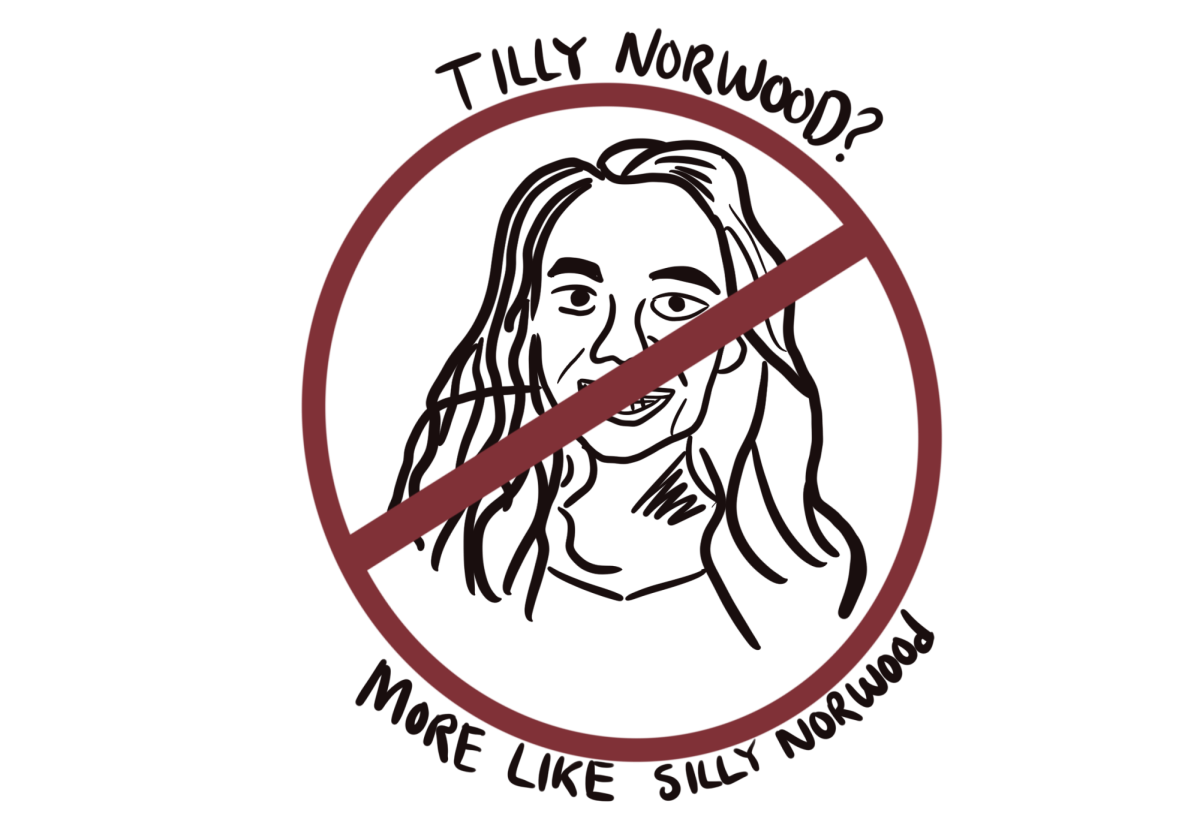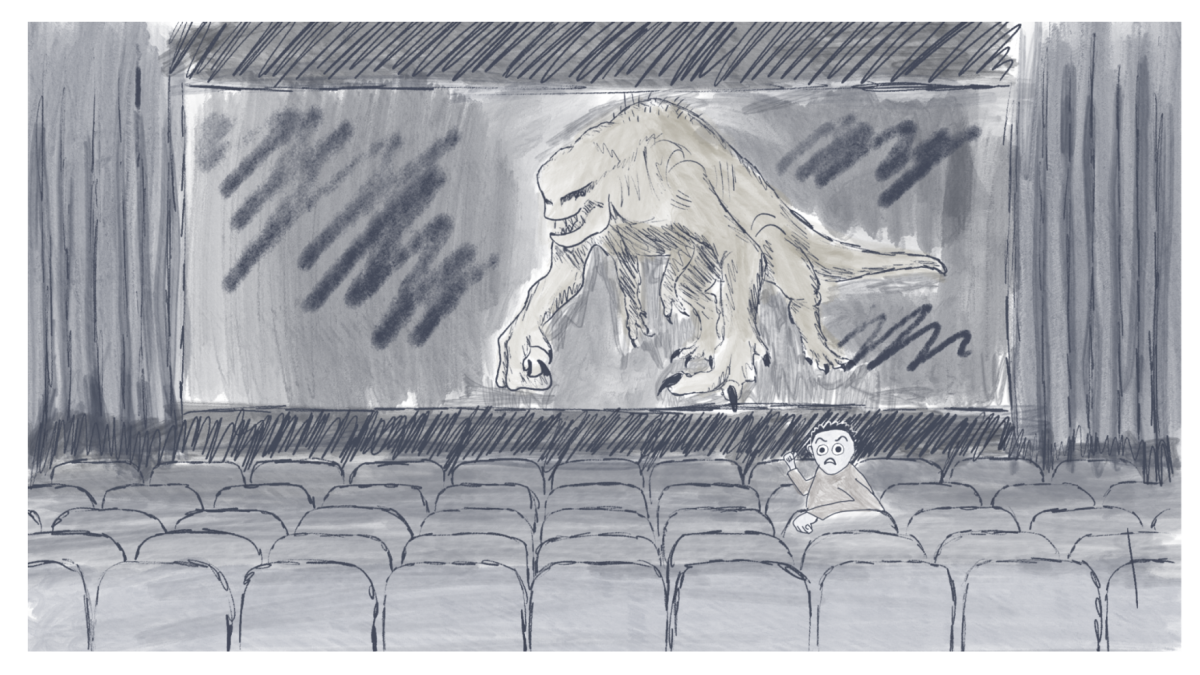This last summer, like many recent summers, featured a blockbuster lineup full of comic-book superhero movies. Most of these were the standard Marvel Cinematic Universe fare. They incited the usual amount of buzz, made the usual amount of box office millions and received the usual amount of critical praise.
However, there were two films that fell outside this pattern: “Batman v Superman: Dawn of Justice” and “Suicide Squad,” both of which acted as retroactive affirmants and continuations of the new DC Extended Universe. These movies were unique compared to their reliable Marvel counterparts in that their reception was unexpectedly split in terms of critical versus audience praise. The two films both absolutely dominated the box office and received a lot of buzz from the common movie-goer, but when review aggregators like Rotten Tomatoes and Metacritic compiled their weighted ratings, the critical consensus consistently came out as mixed to negative.
And when broadened from just superhero movies to the Hollywood blockbuster scene at large, we see that this is not a unique occurence. More and more often the opinions of critics seem distant from the movie-going public. This is a problem, considering that the entire point of film reviewers is to help audiences identify movies they would like to see.
So what is the cause of this disparity?
Perhaps it’s because in this age of communiction where anyone can connect with anyone across the globe, the review industry is not accounting for the presence of growing fringe groups.
Or perhaps it is because the popularity of review aggregator sites has devalued the voices of individual critics, forcing them to conform to a false, estimated consensus in order to stay employed and relevent.
Whatever the reason, it becomes clear that the film reviewing profession is suffering from a period of identity crisis. And if it can’t escape that, it may just die.





